
OR
GMP for Ayurvedic products from next year: DDA
Published On: January 20, 2018 02:46 AM NPT By: Bishnu Prasad Aryal
Among the 73 registered companies, only one company--Bhaskar Ayurved Company, Birgunj, has complied with the GMP- Santosh KC, senior drugs administrator at the DDA.
KATHMANDU, Jan 20: Only one Ayurvedic medicine manufacturer out of the total 73 registered in Nepal has complied with the World Health Organization's (WHO) Good Manufacturing Practices (GMP) in the production process.
According to the Department of Drug Administration (DDA), 73 Ayurvedic drug manufacturing companies are registered in Nepal but several are operating illegally.
"Among the registered companies, only one company--Bhaskar Ayurved Company, Birgunj has complied with the GMP," said Santosh KC, senior drugs administrator at the DDA. "A few companies are in the process of applying the GMP," he added. "We have drafted a law on GMP for Ayurvedic manufacturer. We are currently holding discussion with the stakeholders. We are planning to enforce it from the next fiscal year."
Nepal produces Ayurvedic medicines worth around Rs 15 billion per year, according to Nepal Ayurvedic Medicine Production Association (NAMPA). "We are meeting 90 percent demand for herbal medicines in Nepal," said Binod Paudel, president of the NAMPA. "Only about 10 percent of the total demand for Ayurvedic medicines is imported," he claimed.
However, the DDA, the national drugs regulatory body, does not have information on the volume of Ayurvedic medicines produced in Nepal and imports. "We don't have clear information on it," said KC. "Many of the herbal products especially herbal powder (churna) produced in Nepal and India have been found to be substandard," he said. "We even recalled churnas produced by Indian companies -- Patanjali Ayurved and Hamdard Ayurved -- because they were substandard," he added.
"The Churnas fail the microbiological tests. Many samples contained microbiological elements including bacteria."
According to the WHO, GMP is that part of quality assurance which ensures that products are consistently produced and controlled to the quality standards appropriate to their intended use and as required by the marketing authorization. GMP is aimed primarily at diminishing the risks inherent in any pharmaceutical production, which may broadly be categorized in two groups: cross contamination/mix-ups and false labeling.
"We are unable to apply WHO GMP in Ayurvedic medicine manufacturing process as it is costly and impractical," said Paudel. "The government [Singha Durbar Baidyakhana] itself should follow the rules before forcing us to follow them," he said.
"As per the GMP rule, a production company should have at least a 9-room building and at least one ropani of land [5476 sq ft] among other quality assurance measures such as equipment and raw materials. But many manufacturers in Nepal are operating in single room and many are not even registered," he added. "Only 43 out of 73 registered Ayurved companies are operational now."
"It will be difficult for us to meet international standards in the manufacturing process, but we will certainly obey the relevant domestic law once it comes into effect," said Paudel.
Paudel meanwhile said that smuggling of Nepali herbs to India has created a big problem for them. "We are forced to buy our own raw materials at higher prices due to rampant smuggling. We import 25-35 percent of raw materials from India."
You May Like This

Mantra Guitar: Inspiring musicians
Two brothers, Robin Sharma and Anup Sharma had nine years of experience in running the ‘Guitar Shop’ under their belt... Read More...

Price hike of petroleum products withdrawn on PM's directive
KATHMANDU, Nov 2 : The Nepal Oil Corporation has today withdrawn its decision of increasing the price of petroleum products,... Read More...

Eastern region self-reliant on meat products
BIRATNAGAR, Oct 25: Eastern development region has become self-sufficient in meat products, thanks to flourishing commercial animal husbandries in the region. Read More...

Just In
- Finance ministry approves SEBON’s proposal to reduce stockbrokers’ commissions
- Embassy of Nepal in Islamabad urges Nepalis not to go to Kyrgyzstan illegally for foreign employment
- Nepal’s labor exodus drives Indian laborers to fill gaps in domestic factories
- India's BJP extends invitation to Nepal's key parties, including PM Dahal's, to observe Indian election campaign
- NSO estimates Nepal’s per capita income at US $ 1,456
- RSP calls Central Committee and Secretariat meeting
- Narayanghat-Butwal road reports 50 percent progress in over five years
- Minister Bhandari requests Chinese govt to facilitate Nepali exporters in customs and quarantine



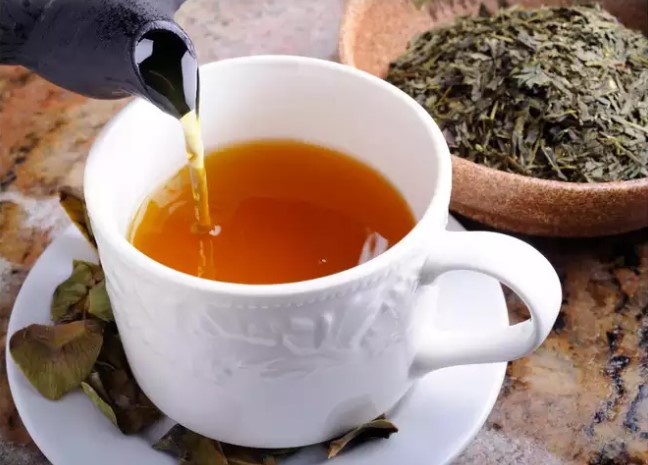




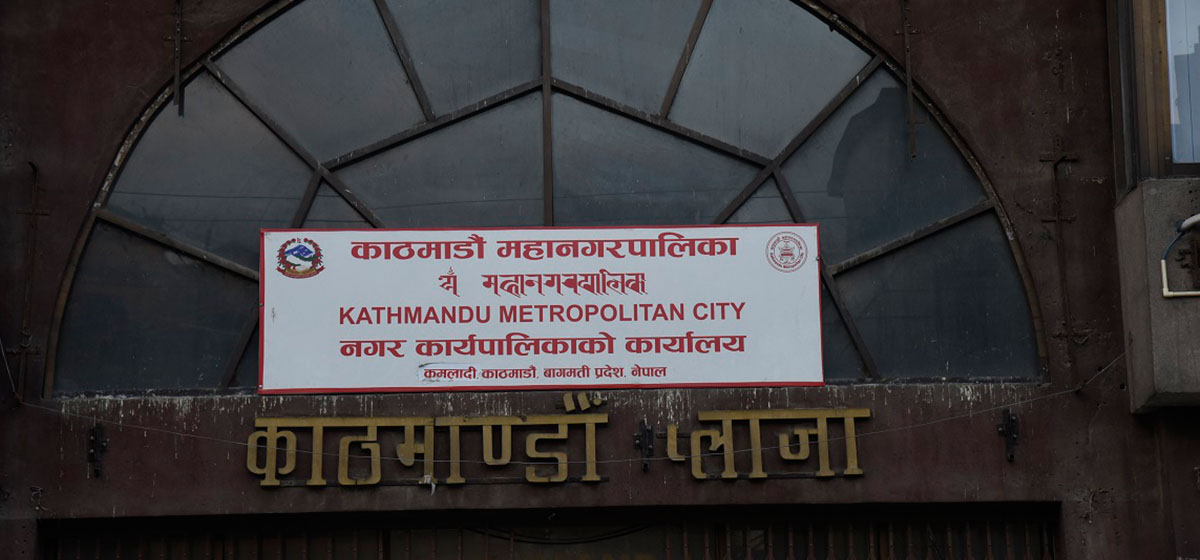
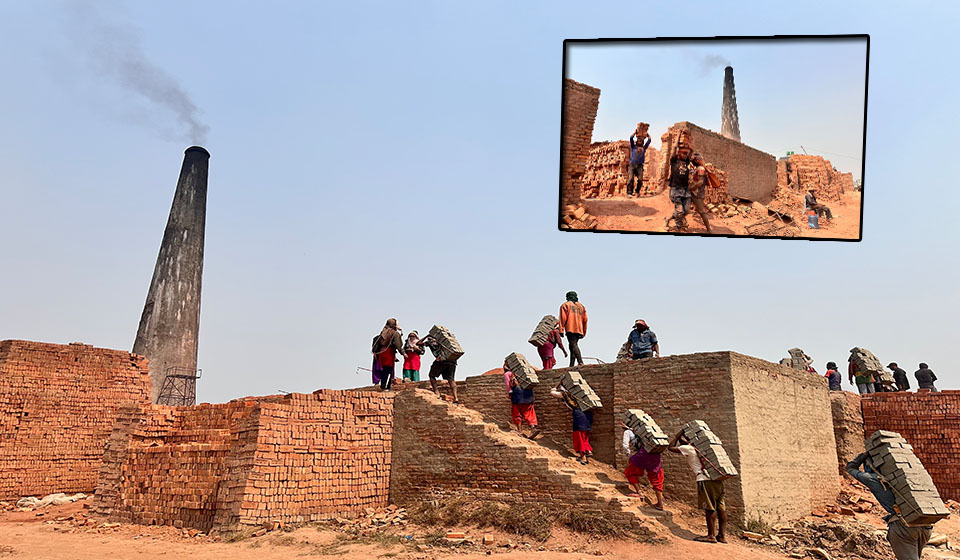
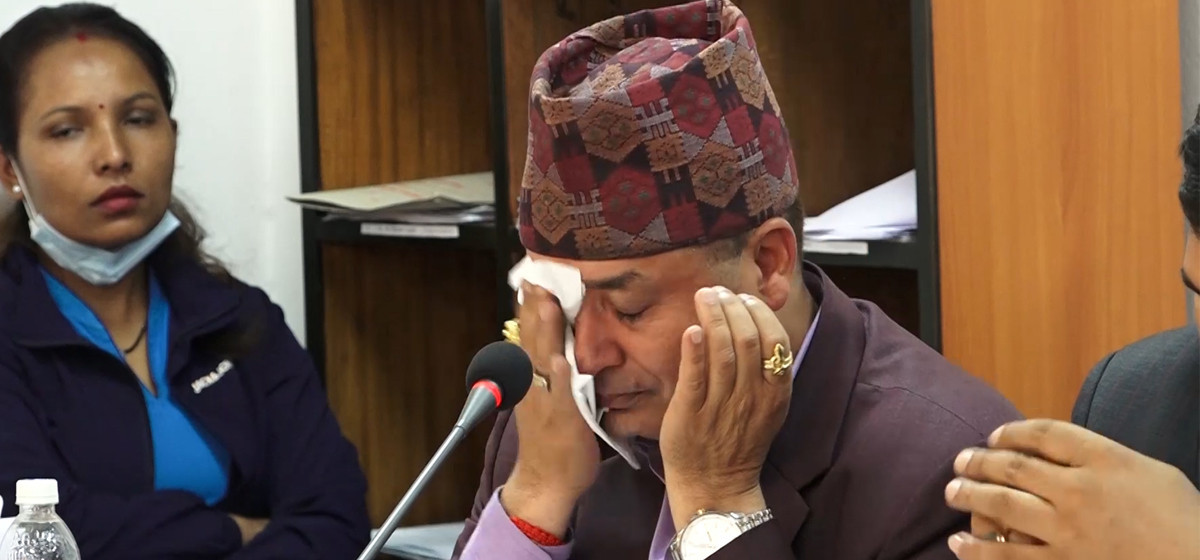
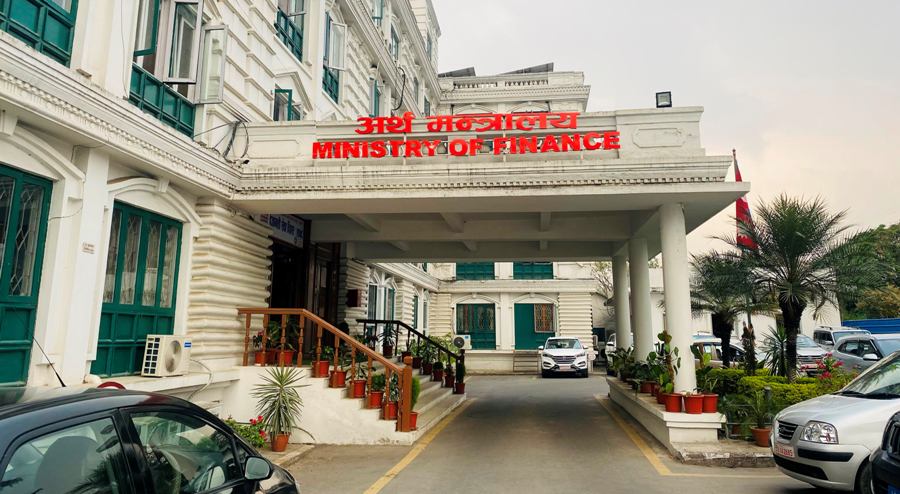

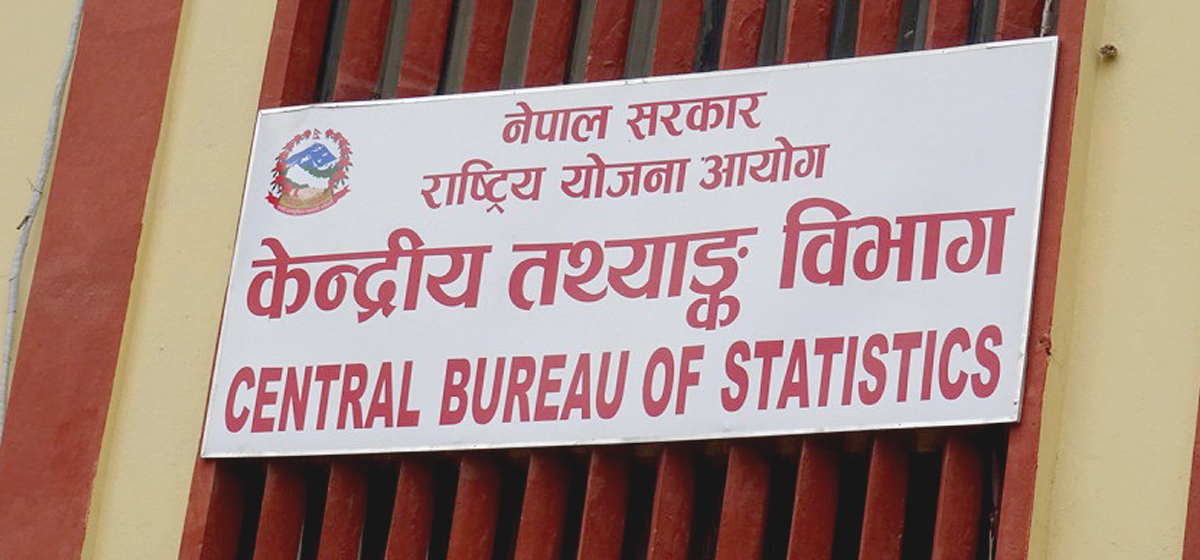
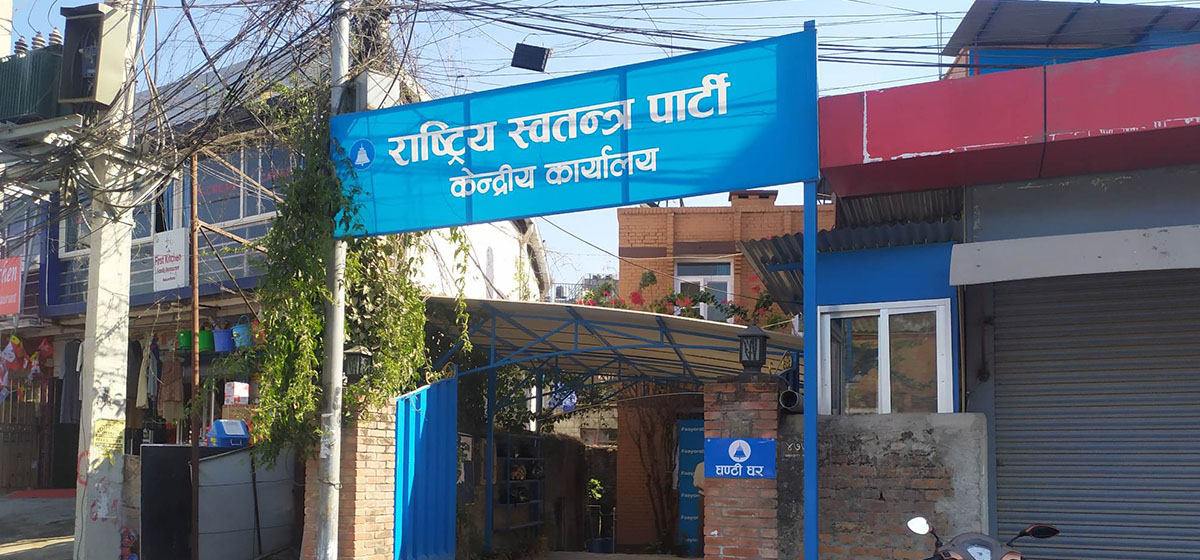

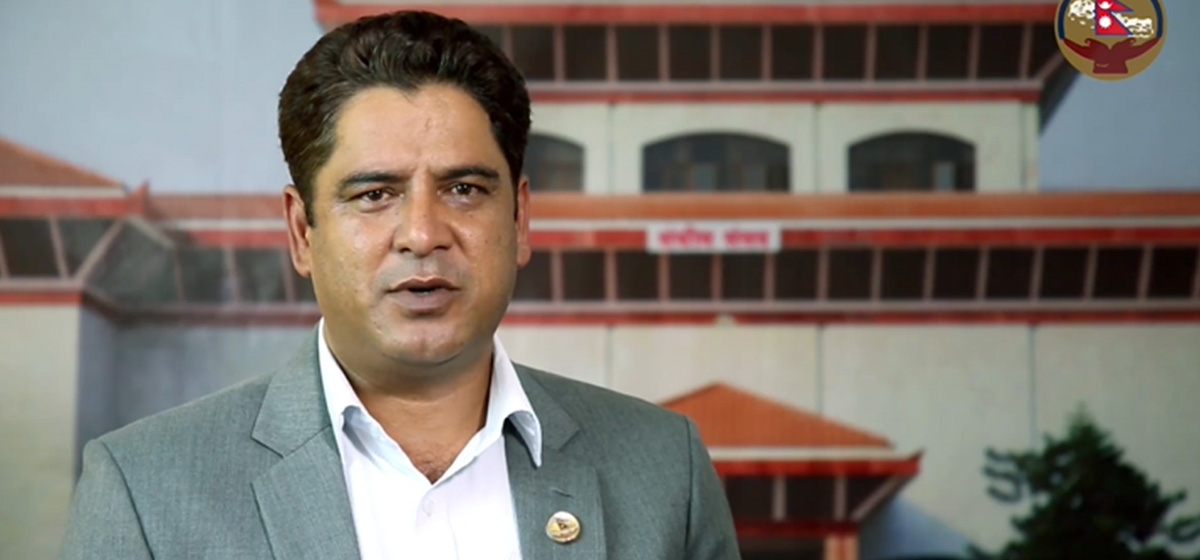
Leave A Comment